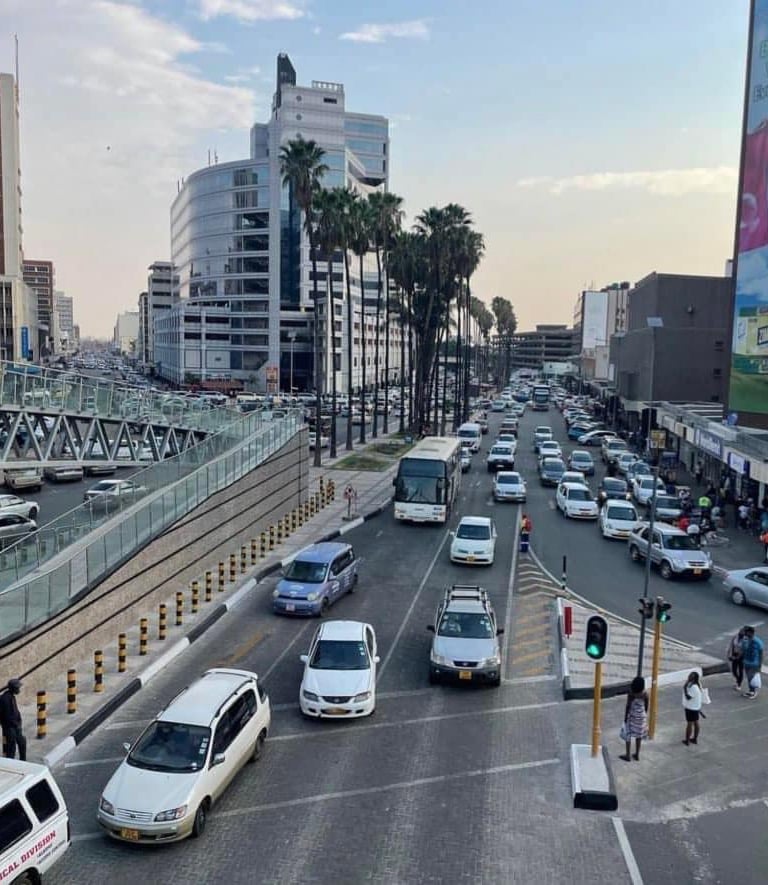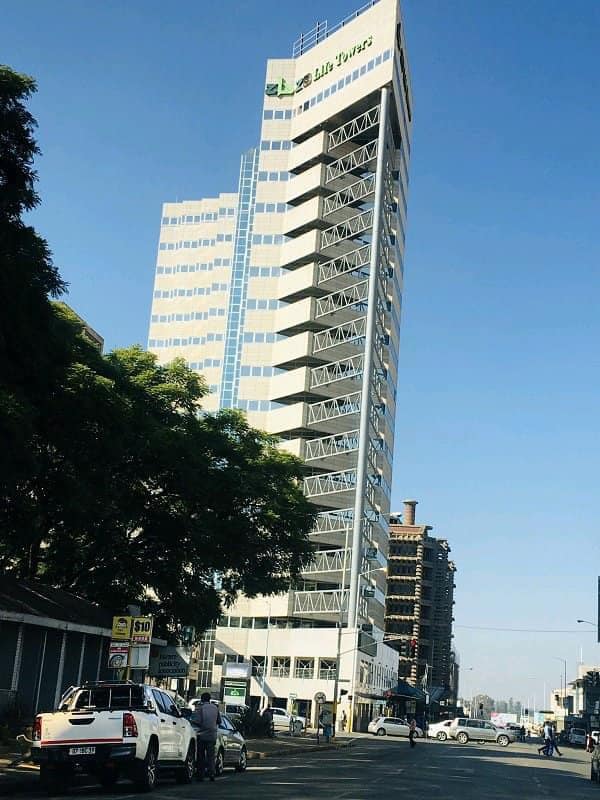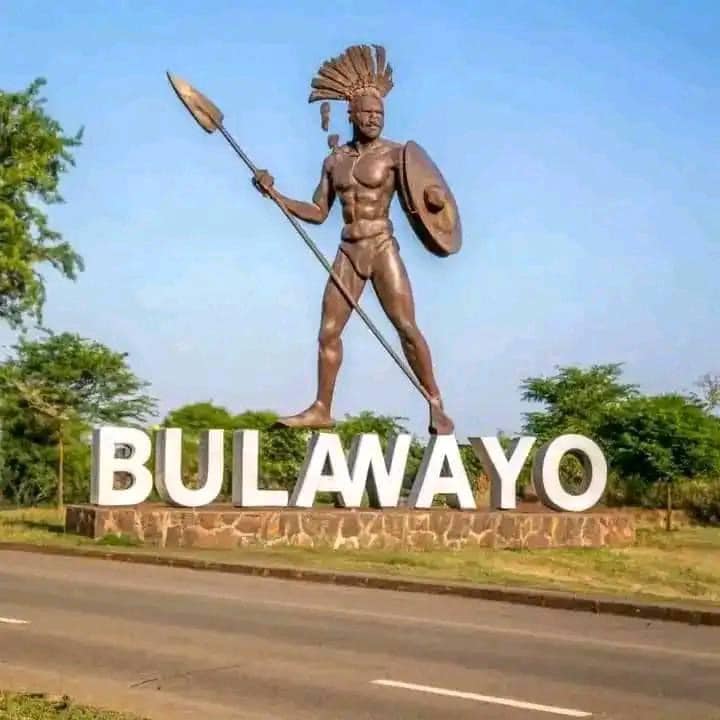Discovering Zimbabwe: Beyond Safari to Vibrant Urban Culture
8/25/20255 min read


The Urban Landscape of Zimbabwe: Cities that Buzz
Zimbabwe is a nation with a rich tapestry of urban life, characterized by its major cities that offer a blend of culture, history, and modern growth. Among these, Harare, the capital city, stands as a vibrant hub where bustling markets and a thriving art scene capture the essence of the nation. In Harare, one can explore the diverse offerings of Mbare Musika, a prominent market known for its colorful stalls and lively atmosphere. The city is also home to various galleries and workspaces, showcasing the creativity of local artists, which contributes to a dynamic urban culture.
Moving to Bulawayo, the second-largest city, one can appreciate its historical significance and cultural heritage. Known for its colonial architecture and as the home of the National Museum, Bulawayo offers insight into Zimbabwe's past. The city hosts numerous festivals, celebrating the rich traditions and customs of the region. This makes Bulawayo an essential stop for those wishing to delve deeper into the nation’s historical narrative, blending the past with contemporary cultural expressions.
Gweru represents a city experiencing rapid urban development, marked by new infrastructure and investment initiatives. As the capital of the Midlands Province, Gweru serves as a pivotal center for commerce and trade. The city is also known for its educational institutions and recreational facilities, appealing to families and young professionals alike. This evolving urban landscape is reflective of Zimbabwe’s broader goals for economic growth and modernization.
Lastly, Mutare, nestled in the scenic Eastern Highlands, offers breathtaking beauty that attracts nature lovers. This city, with its lush greenery and proximity to mountainous terrain, provides residents and visitors with a unique blend of urban living and access to nature. The vibrant community spirit found in Mutare is further enhanced by its local festivals and markets, showcasing the diversity and resilience of Zimbabwean culture.
Cultural Experiences: Embracing the Zimbabwean Heritage
Zimbabwe is a land steeped in a rich tapestry of cultural experiences that reflect its diverse heritage. In the bustling cities, tourists have the opportunity to immerse themselves in traditional music and dance that pulsate with the rhythm of life. Live performances are commonly held at local venues, where the invigorating sounds of mbira, marimba, and drums create an atmosphere that invites participation. Travelers are often encouraged to join in the festivities, allowing them to learn traditional dances that span generations.
Art is another vibrant avenue through which visitors can engage with Zimbabwean culture. Numerous galleries throughout cities like Harare and Bulawayo showcase the works of local artists, featuring everything from contemporary installations to traditional crafts. The National Gallery of Zimbabwe is a notable destination, housing an extensive collection that tells the story of the nation's artistic evolution. Here, tourists can witness the talents of artists who capture the essence of Zimbabwean life through their unique perspectives and techniques.
Festivals play a crucial role in celebrating the heritage of Zimbabwe, offering a colorful display of traditions that attract both locals and tourists. Events such as the Harare International Festival of the Arts (HIFA) and the Zimbabwe International Film Festival present opportunities for cultural exchange, where visitors can enjoy performances, films, and workshops led by artists from across the country. Engaging with local communities during these events fosters a deeper understanding of the customs and values that shape Zimbabwean society.
Moreover, travelers are encouraged to partake in culinary experiences that highlight the country's rich flavors. Participating in cooking classes or enjoying authentic meals at local eateries can provide insights into Zimbabwean ingredients and dishes, such as sadza and nyama. These interactions not only involve the palate but also showcase the warmth and hospitality of the Zimbabwean people, creating memories that last beyond the visit. Engaging with the local culture enriches the travel experience, making it an integral part of discovering Zimbabwe beyond its renowned safari landscapes.
Urban Attractions: More Than Just the Safari
While Zimbabwe is renowned for its stunning national parks and wildlife experiences, the urban attractions offer a rich tapestry of cultural and recreational experiences that are equally captivating. Tourists visiting cities like Harare and Bulawayo should not miss the opportunity to explore these vibrant urban spaces, which are replete with historical significance, artistic expression, and lively atmospheres.
One of the premier destinations in Harare is the National Gallery of Zimbabwe. This gallery showcases an impressive collection of contemporary and traditional African art, alongside international exhibitions. The museum is accessible and well-signposted, making it easy for visitors to immerse themselves in Zimbabwe's rich artistic heritage. Art enthusiasts can expect to witness the evolution of Zimbabwean art, represented through the work of prominent local artists as well as emerging talents.
In Bulawayo, the Railway Museum stands out as a significant attraction. This museum charts the history of rail transportation in Zimbabwe and showcases a fascinating array of vintage locomotives, carriages, and memorabilia. It provides visitors with a glimpse into the country's industrial past through guided tours and interactive exhibits. The museum is conveniently located near the city center, ensuring easy access for those looking to delve deeper into the historical context of Zimbabwe.
Beyond these specific attractions, visitors will find ample opportunities for shopping, nightlife, and culinary exploration. Harare's bustling markets are a treasure trove for those seeking local crafts, clothing, and flavors of Zimbabwean cuisine, such as sadza and biltong. In the evenings, the city comes alive with its dynamic nightlife, featuring bars, clubs, and venues that celebrate local music and dance. These urban experiences contribute to a multifaceted understanding of Zimbabwean culture, proving that the country's allure extends well beyond its famous safaris.
Navigating Zimbabwe: Travel Tips for the Urban Explorer
Traveling to Zimbabwe offers an enriching urban experience that extends beyond its renowned safaris. As an urban explorer, it is essential to familiarize oneself with practical travel tips to make the most of your journey. Understanding transportation options is fundamental; major cities such as Harare and Bulawayo provide various means of commuting, including taxis, buses, and rideshare services. For intercity travel, long-distance buses are a popular choice. If you opt for taxis, it is advisable to use registered or app-based services to ensure a safe journey.
Safety is a common concern when visiting new destinations. While Zimbabwe is generally safe, it is wise to remain vigilant, particularly in urban areas. Avoid displaying valuables and try to blend in with local customs. Traveling in groups and staying in well-populated areas can also contribute to personal safety. It is crucial to stay updated on local news and heed any advice from locals concerning security.
Language is an integral part of any travel experience, and in Zimbabwe, English is predominantly spoken, making communication easier for many visitors. Nonetheless, learning a few phrases in Shona or Ndebele can enrich interactions with local communities. Engaging in conversation with locals not only fosters goodwill but also provides deeper insights into Zimbabwean culture.
Timing your visit can greatly enhance your urban experience. Zimbabwe hosts numerous festivals and events throughout the year, particularly during spring and summer. These gatherings offer a glimpse into the vibrant culture, music, and art of the country. Engaging respectfully with local communities is key; observing customs, asking for permission before taking photographs, and participating in cultural practices, where appropriate, can create meaningful connections. Following these travel tips will ensure a rewarding and immersive experience while navigating the urban landscapes of Zimbabwe.







